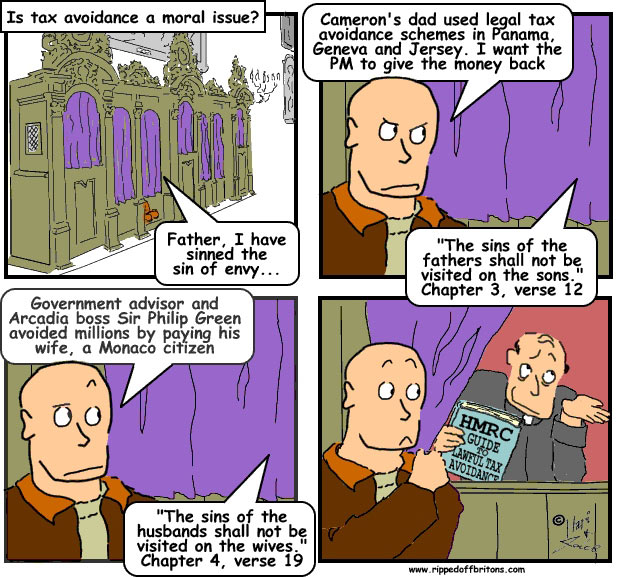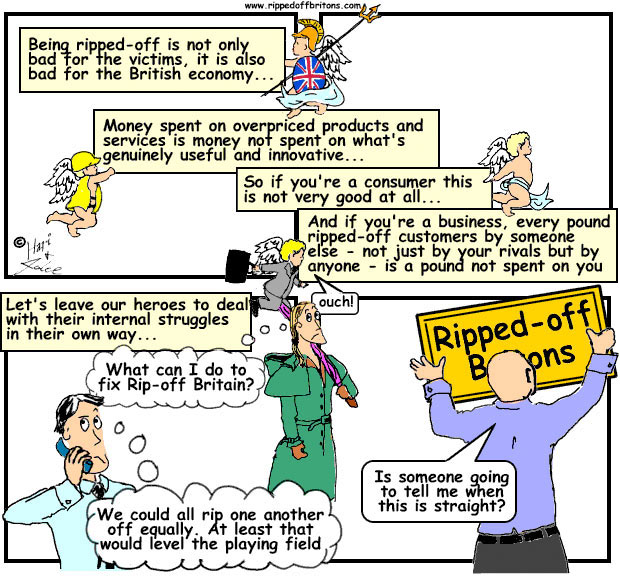by Melanie Newman, Bureau of Investigative Journalism
Britain’s Overseas Territories and Crown Dependencies have been boosting their lobbying strength in the UK and Brussels in recent years amidst growing criticism of tax havens.
NGOs such as Christian Aid have argued that the Territories’ image as tax havens puts them at ‘serious reputational risk’ and if they continue with their current policies ‘then their international profile as facilitators of corruptions and tax evasion will increase’.
Jersey, Guernsey and the Isle of Man have also come under fire, most recently from Labour leader Ed Miliband, who said the Dependencies must reveal the identities of tax evaders with money hidden on the islands.
‘I wouldn’t describe Bermuda as a tax haven. I’d describe Bermuda as being a very well run country that is able to have low taxes because it’s got a very strong economy.’
Henry Bellingham, Conservative Minister for Overseas Territories
Henry Bellingham, Conservative Minister for Overseas Territories
In an attempt to counter such attacks, these offshore jurisdictions have been ramping up their PR and lobbying endeavours. They have also been lobbying in Brussels on European financial regulation.
Cayman Islands
One recent example of this stepping up of ‘reputation management’, as revealed by the Bureau this week, was the hire of Lord Blencathra by the Cayman Islands as its UK representative. Appointed in November 2011, his remit was to lobby in Westminster and Brussels and to fight off attacks on ‘tax neutral jurisdictions’. He told a press conference the financial services industry had to ‘justify its existence’ and that European financial regulation posed a threat to the Islands.
One recent example of this stepping up of ‘reputation management’, as revealed by the Bureau this week, was the hire of Lord Blencathra by the Cayman Islands as its UK representative. Appointed in November 2011, his remit was to lobby in Westminster and Brussels and to fight off attacks on ‘tax neutral jurisdictions’. He told a press conference the financial services industry had to ‘justify its existence’ and that European financial regulation posed a threat to the Islands.
The Islands’ financial services industry lobbyist, Cayman Finance, has been represented separately by PR firm Media House International since April 2009. Chairman Jack Irvine is regularly quoted in the island press attacking critics of tax havens such as the Tax Justice Network and Labour MP John Cryer.
Media House has also employed Lord Blencathra as a public affairs consultant since 2008, though the peer told the Bureau his work for the firm did not involve the Caymans.
Bermuda
Business Bermuda, an organisation working with Bermuda-resident companies and the government, has also made moves to deflect criticism. It hired financial PR and lobby firm Pelham Bell Pottinger in February 2011 with a remit to ‘develop and promote Bermuda internationally as the jurisdiction of choice’.
Business Bermuda, an organisation working with Bermuda-resident companies and the government, has also made moves to deflect criticism. It hired financial PR and lobby firm Pelham Bell Pottinger in February 2011 with a remit to ‘develop and promote Bermuda internationally as the jurisdiction of choice’.
































































